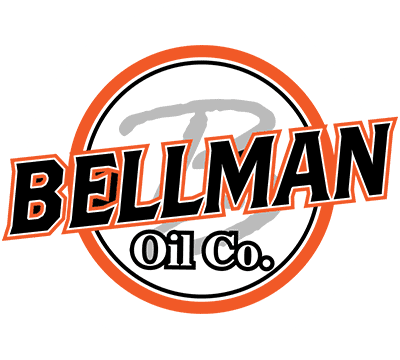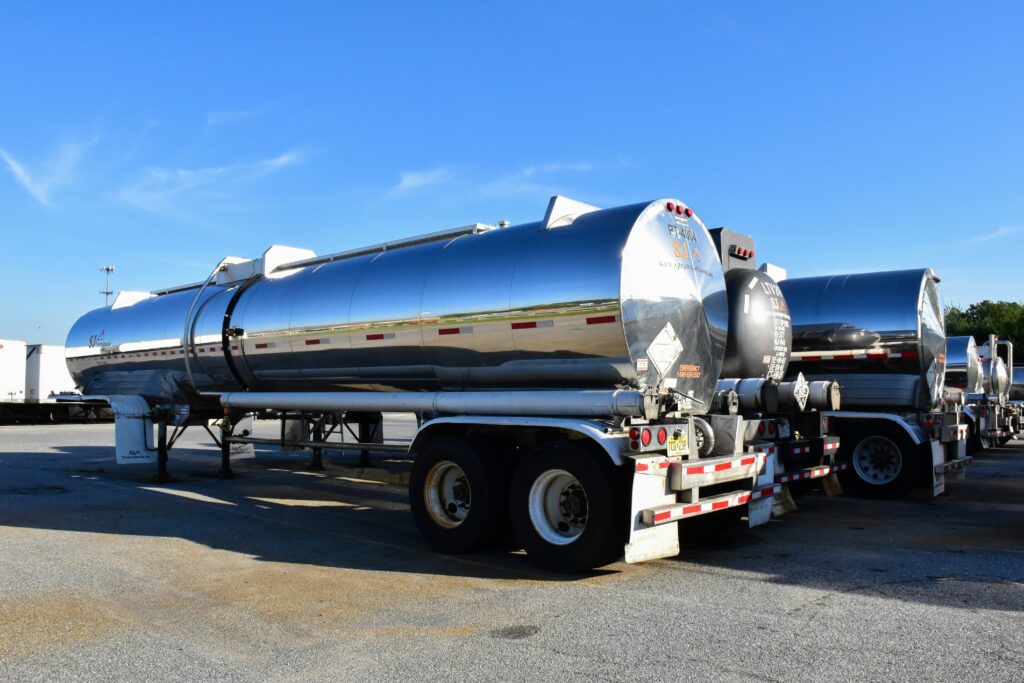The global oil industry faces a growing need to align its operations with environmental sustainability. Studies show that petroleum distribution contributes 15% of the global energy-related greenhouse gas emissions, equivalent to all energy-related emissions for the United States. By using renewable energy and streamlining processes, the entire industry is taking steps toward eco-friendly practices.
Environmental Challenges in Petroleum Distribution
The fuel industry faces numerous challenges when it comes to environmental sustainability. Transportation of petroleum products, like oil and fuel, occurs through pipelines, tankers, and trucks. Even with proper precautions in place, no transportation method is foolproof. These vehicles pose risks of spills and leaks, which can lead to soil and water contamination. This kind of contamination can be detrimental to local communities and ecosystems.
The transportation process also requires the combustion of petroleum-based fuels, releasing greenhouse gases like carbon dioxide, methane, and nitrogen oxide. Emissions like these contribute to weakening the ozone layer and global warming. The petroleum distribution process is not inherently eco-friendly. However, there are actions the industry can take to reduce the impact of pollution and emissions.
Eco-Friendly Practices in Petroleum Distribution
Amidst growing concerns over environmental sustainability, the petroleum distribution industry must move towards more eco-friendly practices. As both an ethical and legal requirement, companies are creating more sustainable and transparent distribution strategies. Here are some of the eco-friendly practices happening:
Alternative Fuel and Energy Sources
The availability of biofuels and renewable energy sources is growing, allowing for greater use. Biofuels are derived from organic materials and provide a renewable alternative to traditional gasoline and diesel. The use of biofuels has a two-fold impact on petroleum distribution. First, vehicles transporting petroleum-based materials can reduce greenhouse gas emissions by burning biofuels. Additionally, the need to transport potentially hazardous fuels in tankers and similar vehicles is reduced.
The advent of electric vehicles has made it possible to use electricity to power commercial vehicles as opposed to fuel. EVs produce no tailpipe emissions, reducing the environmental impact of transporting petroleum.
Improvements in Transportation Efficiency
Petroleum distribution companies are also searching for ways to simplify the shipping process. These companies use advanced analytics to identify bottlenecks, waste, and the source of accidents. With these insights, they can optimize transportation routes and schedules to minimize fuel consumption and reduce hiccups.
Sustainable and Safe Storage
The petroleum distribution industry also seeks ways to safely store petroleum materials during transportation. Electronic monitoring systems can anticipate and identify potential leaks, reducing the risk of spills and environmental contamination.
By embracing eco-friendly practices across the petroleum distribution chain, companies can reduce their environmental footprint, mitigate climate change, and contribute to a more sustainable future for the planet.
Future Outlook and Recommendations
Though petroleum distribution is not entirely eco-friendly, the industry strives toward a more sustainable tomorrow. As research continues to advance in creating biofuels and EVs, the industry will be able to reduce carbon emissions during transportation. Additionally, as renewable energy becomes more commonplace, the petroleum distribution process can reduce its reliance on fossil fuels, ultimately lowering travel-associated carbon emissions.
Technology-driven operations will also contribute to more eco-friendly practices in petroleum distribution. Companies will increasingly be able to use data analytics and predictive modeling to review and analyze supply chain operations and performance. This will contribute to improved energy efficiency and a reduced environmental impact, ultimately leading to cost savings for the industry.
The future of petroleum distribution focuses on eco-friendly practices. This industry can be a leader in environmental sustainability by embracing innovative strategies.
Bellman Oil Can Help!
Bellman Oil is dedicated to supporting eco-friendly practices in the oil and gas industry. Contact us today to learn more about our fueling options and help us create a sustainable future!




